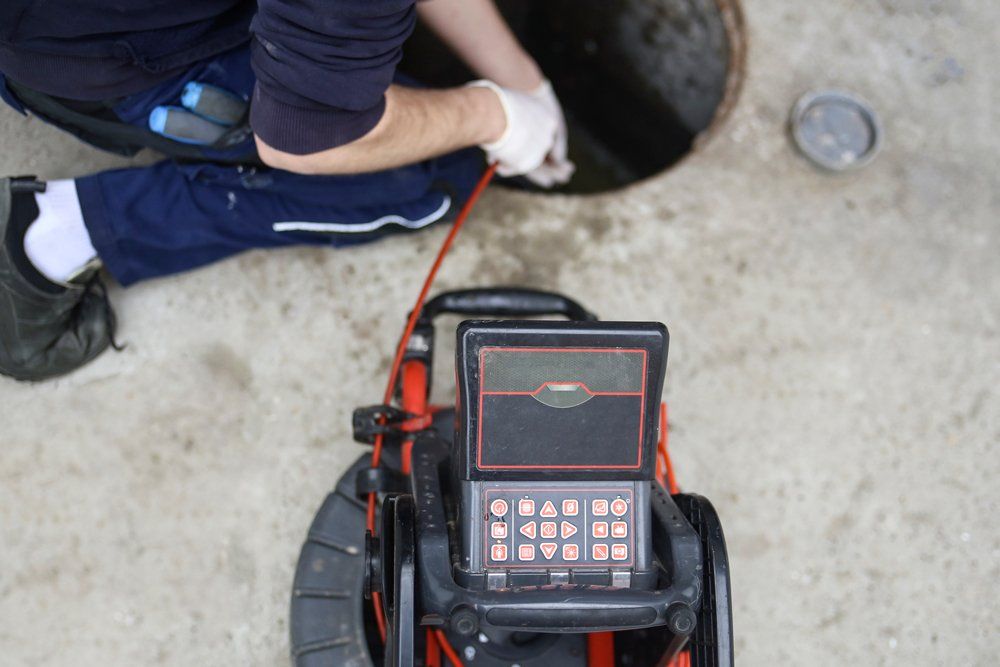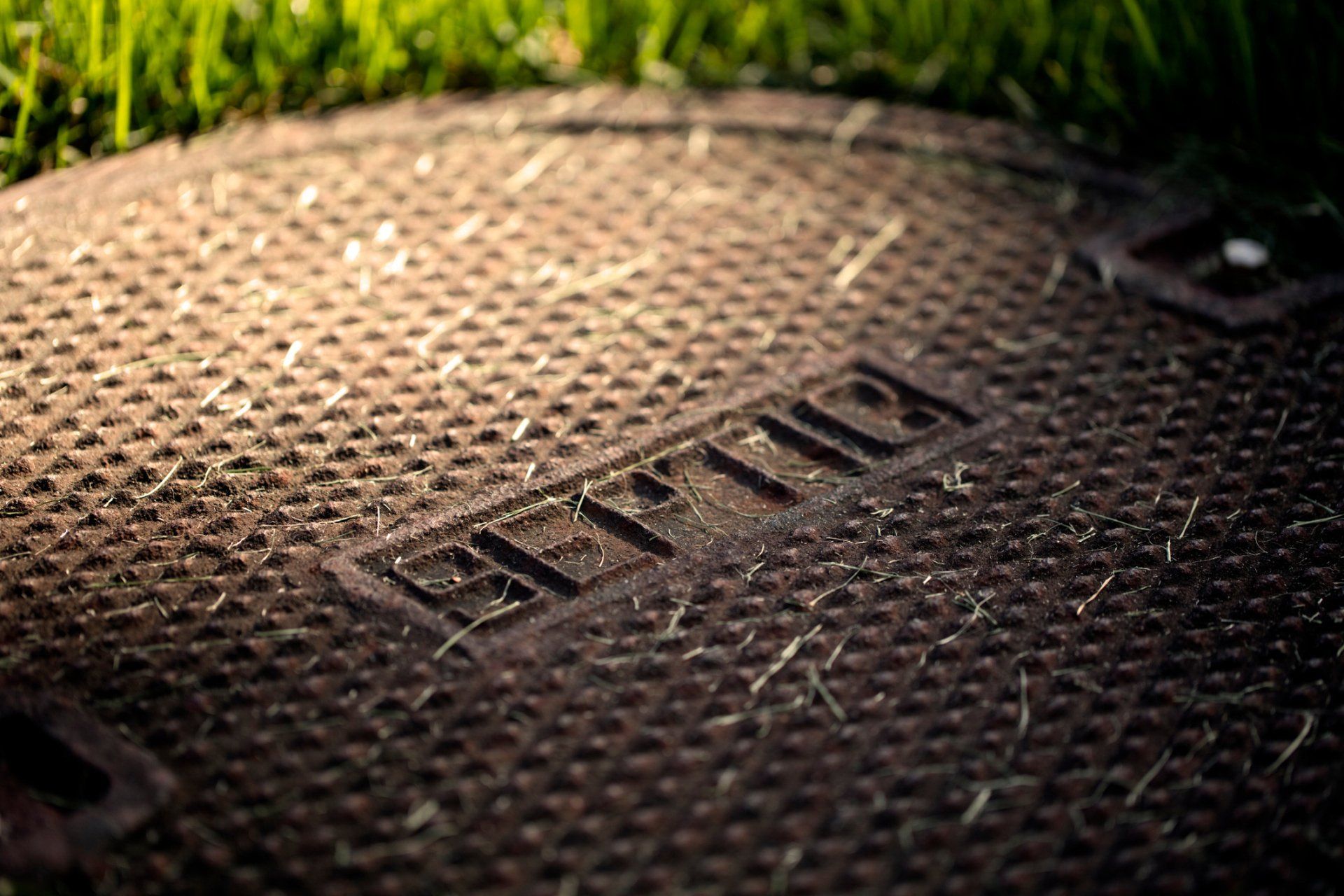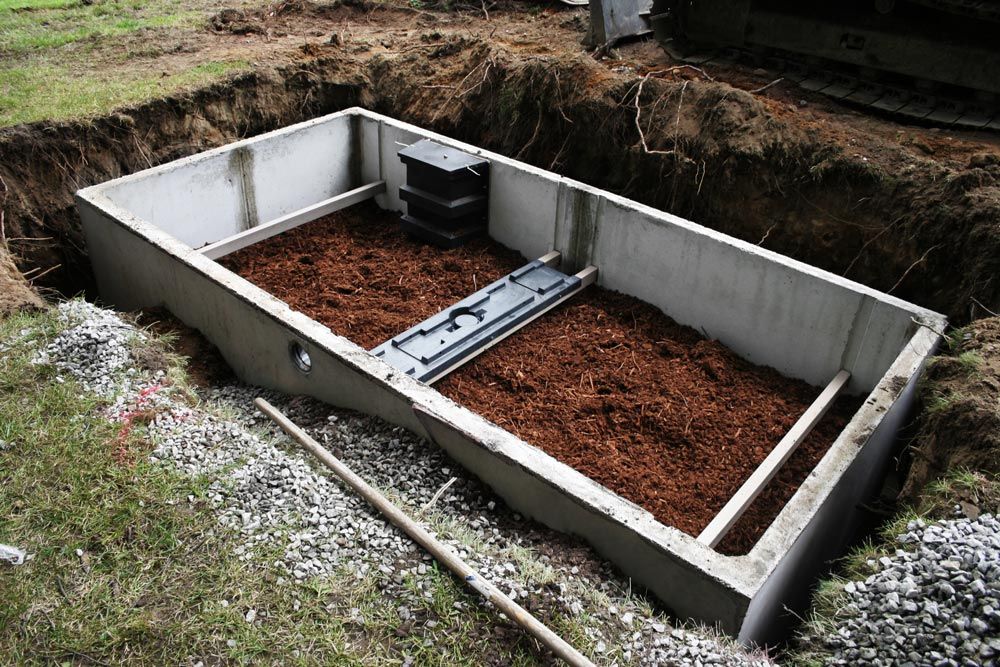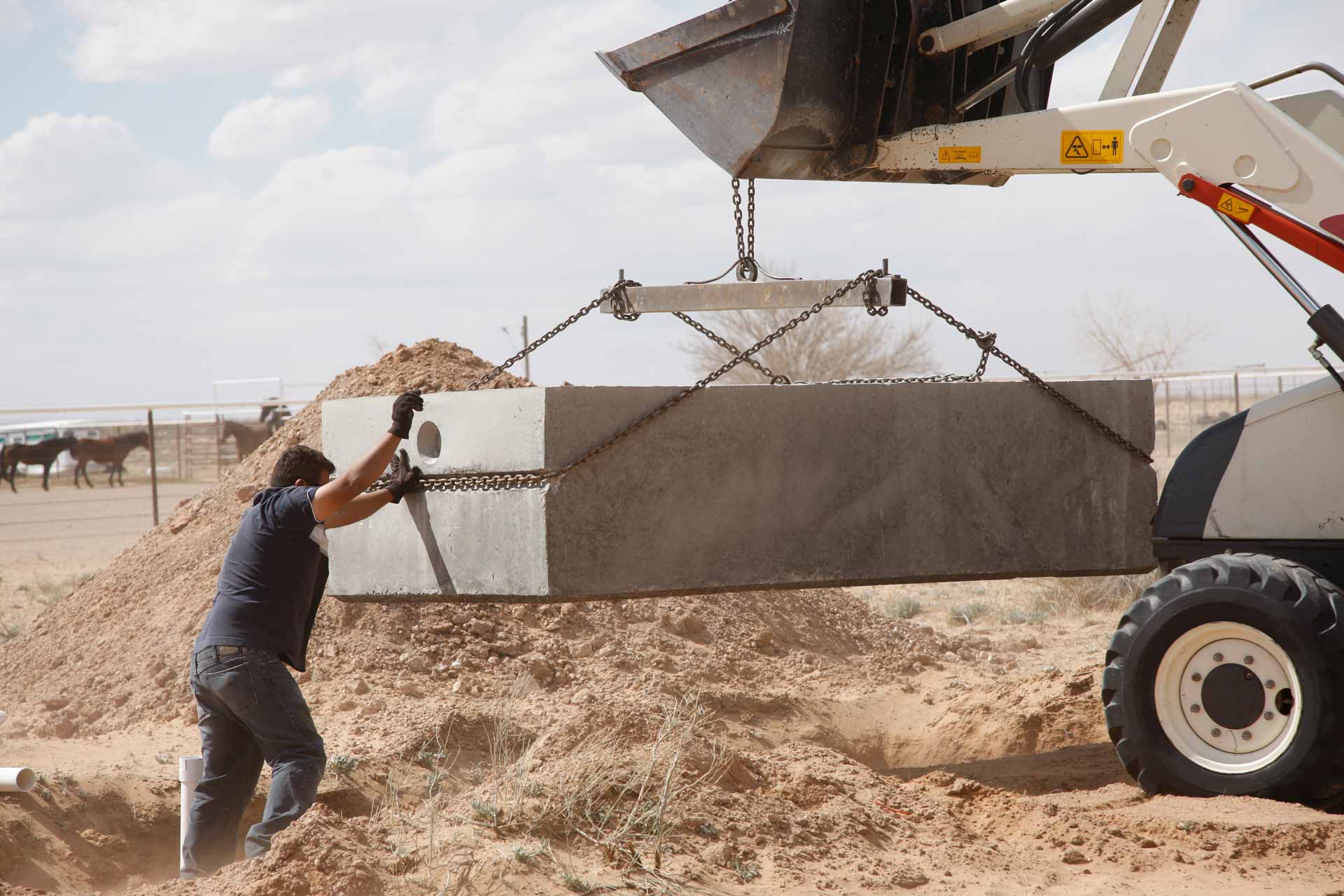BLACKWATER AND GRAYWATER: SAFE DISPOSAL OPTIONS FOR SEPTIC SYSTEM OWNERS
Admin • February 1, 2017
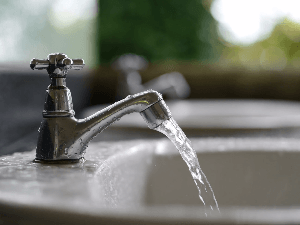
Graywater is also wastewater, but it doesn't contain a substantial amount of human waste; instead, graywater consists of mostly water with a variety of household waste in lesser concentrations. These waste products include soaps, detergents, oils and fats, food, cleaning chemicals, and hair. While graywater is not safe for human consumption, it is not considered to be a biological vector for disease.
PRINCIPLES FOR THE PROPER DISPOSAL OF BLACKWATER AND GRAYWATER
Since blackwater and graywater are both waste products, a key concern is how to properly dispose of these substances. Blackwater must be treated to remove harmful bacterial or viral organisms before it can be released into the general environment. Fortunately, the proper disposal of blackwater is fairly straightforward, and sewer and septic systems are designed to break down human waste into safe byproducts.
Graywater, however, does not demand the same level of biological breakdown before being rendered safe. In fact, graywater may be used directly in certain applications without undergoing a cleanup process. That is why graywater is often wasted by homeowners who either send it into the sewer or their septic tank. In addition, graywater often interferes with the normal functioning of septic systems, making it less desirable to route it into that particular waste stream.
ALTERNATIVES TO SENDING GRAYWATER INTO A SEPTIC SYSTEM
Septic systems depend on the accumulation of helpful bacteria to break down waste, but this balance can be disrupted by introducing too much water or chemicals into the stream. Since graywater comprises over half of the wastewater in the average household, this enormous volume of liquids can create a strain on septic systems. The end result for some homeowners is premature failure of their septic systems.
That is why it is wise for homeowners with septic systems to pursue alternatives for graywater disposal. Below are a couple of suggestions to consider.
Route Graywater into Irrigation
Since most graywater may be safely distributed into landscaping, it makes sense to drain water from showers, sinks, and washing machines directly into irrigation lines. These lines are permanently installed and routed strategically throughout the landscape where they can release water into root zones.
However, before using graywater for irrigation purposes, it is important to remove products from the waste stream that can kill landscaping plants. Such products include laundry bleach, for example.
If direct irrigation lines are impractical to install, then another option is to dump graywater into a nearby above-ground holding tank. These tanks can then be drained at an attached spigot and the water directed wherever it is needed via a hose and nozzle.
Install a Graywater Drywell
For some homeowners, the use of graywater for irrigation is not necessary or desirable, especially if it contains substances harmful to plants and if there are no practical means to remove the substances. In these instances, a drywell can be installed in an area safely away from the septic drain field so as to not interfere with its function.
Drywells are frequently constructed out of large plastic drums buried in the ground, which are then filled with angular gravel and punctured to permit water percolation into the surrounding soil. Keep in mind that drywells may eventually become clogged with grease and other particles and require periodic overhaul.
If you need expert advice on how to handle the disposal of graywater, then contact a qualified septic system professionalfor guidance. They can answer questions about the best options in your circumstances and guide you as move forward with a graywater disposal plan.
If the septic system doesn't function properly, it could start to generate bad smells. Learn about common reasons why septic systems produce bad smells.
The roots of trees can penetrate your septic system and impede system performance. Learn a few steps to prevent tree and shrub roots from invading your tank.
Whether constructing a new home or replacing an old septic system, homeowners must decide on the type to install. See a few types of septic tanks.
Pumping your septic tank should be part of your home maintenance routine. How often you should pump your tank? Discover a few factors that determine that.
All septic system parts eventually fail. Read on to learn about some factors that determine how long your septic drain field will last.
Landlords should proactively maintain their septic tanks for health, safety, and compliance reasons. Discover essential maintenance tips.

